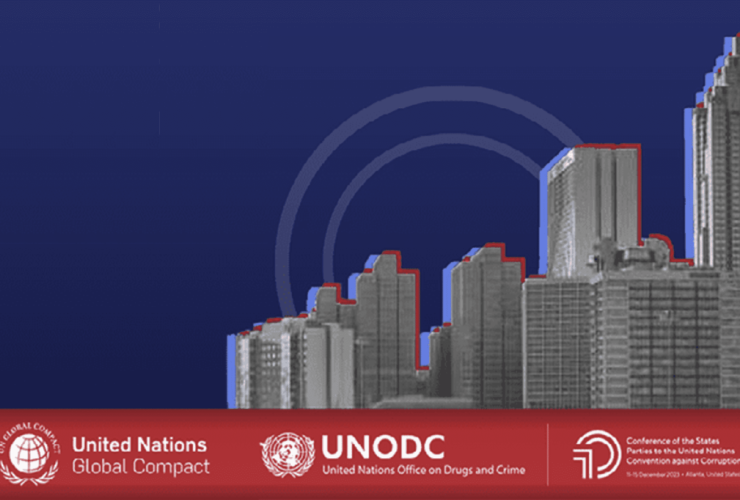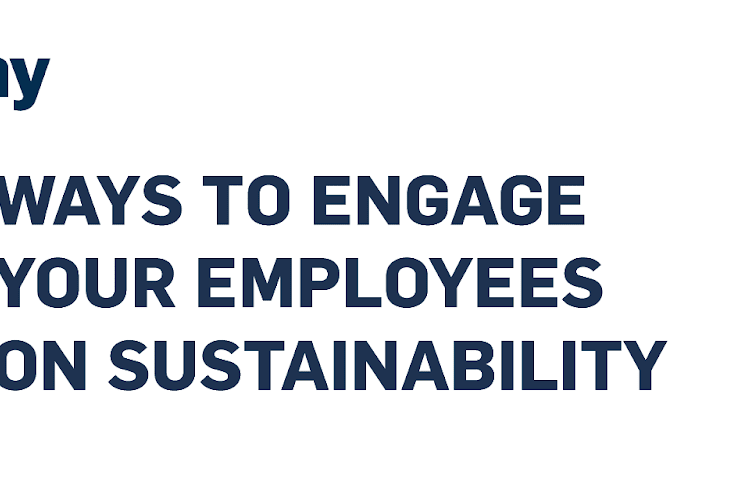New York, United States of America
The following is an article by Lise Kingo, CEO & Executive Director, United Nations Global Compact.
There are few domains where the risks of failure and rewards of success are more pronounced than the ocean. Covering nearly three-quarters of the Earth’s surface, the ocean is connected to all life upon it — on both land and sea. At once merciless and generous, the ocean embodies our dilemmas, challenges and opportunities.
Businesses that operate on the ocean are already intimately familiar with its particular challenges. But a new awareness is growing amongst the ocean industries of the beneficial ripple effect of a protected and sustainably-managed ocean.
Companies that work to secure a healthy, productive and well-governed ocean are not only meeting their responsibilities to people and planet, but are indeed acting in their own best interest. Ensuring a healthy marine environment is not only necessary for many ocean companies to continue to operate in the long-term — innovating and investing in new ocean solutions also provides a significant business opportunity.
Sustainability leaders, including those working in ocean industries, are attuned to this. Increasingly, companies which participate in the United Nations Global Compact use our Ten Principles as a North Star for responsibly navigating the ocean challenge. They are also mobilizing their creativity and ingenuity to advance the 2030 Agenda for Sustainable Development and its 17 Sustainable Development Goals (SDGs). But beyond the ocean’s clear linkages to Goal 14, Life Below Water, are nearly endless possibilities to leverage ocean sustainability to achieve all 17 of the Global Goals.
Earlier this week in Oslo, I discussed our new report Global Goals, Ocean Opportunities with Erna Solberg, Prime Minister of Norway, and Vincent Meriton, Vice President of Seychelles. We were joined by Kitack Lim, Secretary-General of the International Maritime Organization, and Michael Lodge, Secretary-General of the International Seabed Authorities, alongside ministers and business leaders from more than 20 nations. The report launch generated an ambitious conversation about how ocean industries can ensure a healthy and productive ocean.
This new report — a product of our Action Platform on Sustainable Ocean Business— was the result of interviews, meetings and workshops with over 300 stakeholders around the world. What we found is that whether the stakeholder was a business, government or civil society organization, their inputs all charted to the same conclusion: Save the ocean, and we have a chance to save the planet.
As ocean risks become increasingly clear, so too must we scale-up our willingness to drop “business-as-usual” and take bold action. The rapid deterioration of ocean health, which deeply affects biodiversity, coastal communities and the health of the planet, requires an urgent response. And as this report shows, this deterioration is, like climate change, caused by human activity. For decades we have been over-utilizing the ocean without proper caution. This is the moment to reverse our action.
By addressing runoffs from land-based activities, overfishing and the enormous quantities of litter and plastic that end up in the ocean, businesses leading on ocean sustainability are already taking the action we need to save the ocean while moving the needle on the 2030 Agenda. But a handful of highly committed companies is not enough. What we need now is to reach a tipping point where a critical mass of companies are working together to ensure the ocean is sustainably managed.
Centuries of tremendous advances in technology, science and innovation have transformed society as we know it. And alongside these advances, human impact on the natural world — including the ocean — has swelled. But without respect for life below water and life above land, humanity finds itself on the edge of catastrophe, with millions already feeling the effects of the climate crisis and a warming, polluted and overfished ocean.
The responsibility we all share in now is to restore health to the natural world and justice to those that have been left behind. The global business community, working hand in hand with governments and civil society, has both the capacity and the competence to solve global problems like the ocean challenge. And now it is clearer than ever that smart, responsible companies can harness ocean opportunities to get us back on track to the future we want.
As we approach 2020 and the decade of delivery for the Global Goals, we must leverage ocean sustainability, not only to protect the ocean itself, but to ensure people and planet can live in harmony for generations to come.







